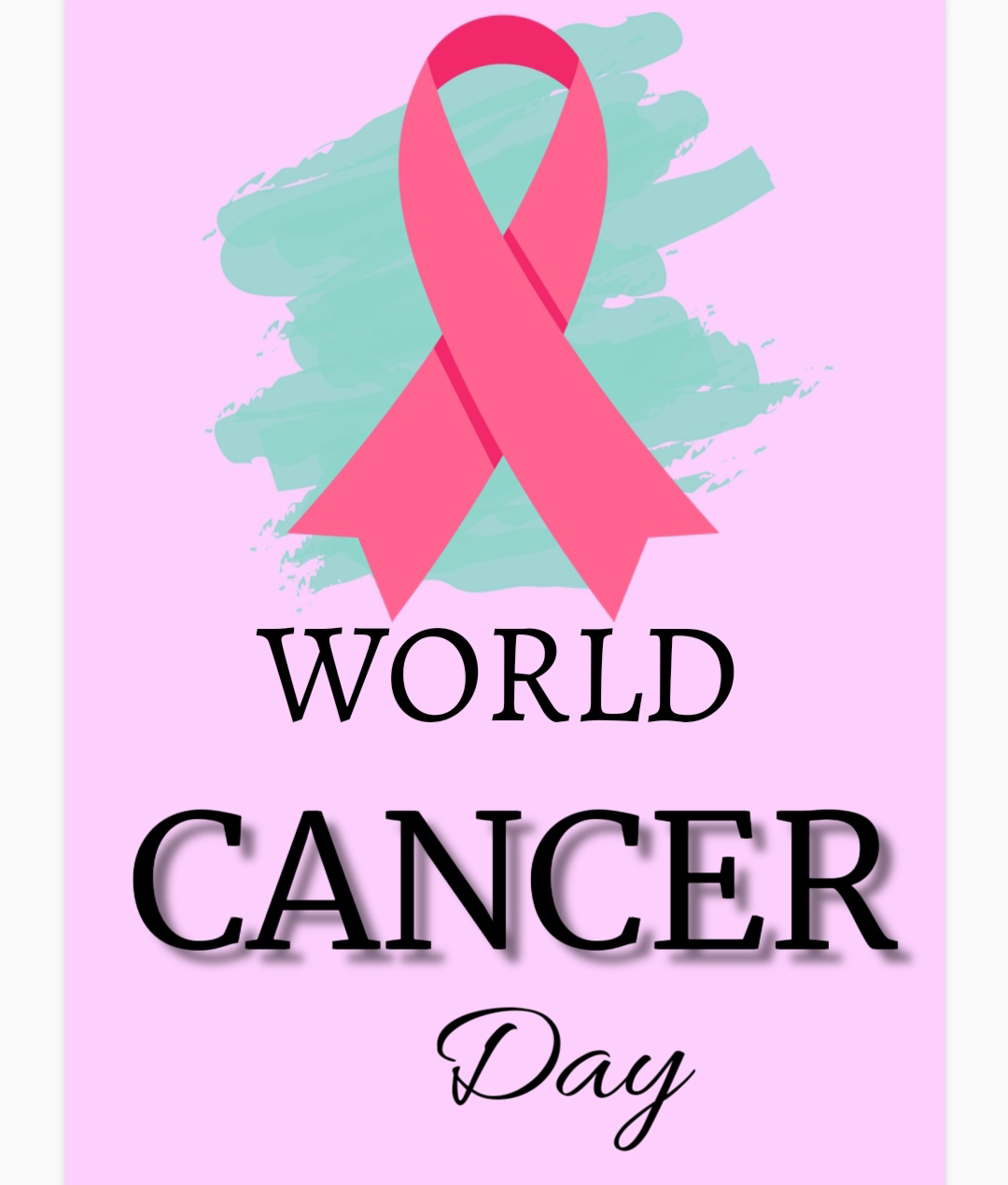Blood Donor Day
Every year on 14 June, countries around the world celebrate World Blood Donor Day. It was established in 2004 to raise awareness of the need for safe blood products and to thanks blood donors for their voluntary, life-saving gifts of blood.
ᴍʏᴛʜs :
• It hurts -
Beyond the pinch of the needle and the pressure on your arm from the tourniquet, donating blood does not hurt. You may experience some dizziness or lightheadedness during or after your donation.
• You are not too old -
While the age for donation without consent from a parent or guardian is 17, there is no upper age restriction so long as you meet the eligibility requirements for donating.
• It takes some time -
Registration and processing times vary, but blood donation itself takes around 8 to 10 minutes. Then you’ll answer questions about health and travel history, and receive a brief physical examination to determine if you’re eligible to donate blood. Your personal information will remain confidential. You’ll also be required to spend some time recovering before you leave. Don’t worry, there will be refreshments!
• Can blood be stored forever -
* Red blood cells must be stored in a refrigerator and discarded after 42 days.
* Platelets can be stored at room temperature up to five days.
* Plasma can be frozen and kept for one year.
• I have tattoos and piercing, can I donate blood ?
If you were tattooed or pierced with a single-use instrument at a tattoo parlor which is state regulated, you can donate without restriction. If not, you must wait one year to donate blood.
ʙᴇɴᴇғɪᴛs & sɪᴅᴇ ᴇғғᴇᴄᴛs :
ʙᴇɴᴇғɪᴛs -
Blood donation benefits your emotional and physical health.
• reduce stress
• improve your emotional well-being
• benefit your physical health
• help get rid of negative feelings
• provide a sense of belonging and reduce isolation
sɪᴅᴇ ᴇғғᴇᴄᴛs -
Blood donation is safe for healthy adults. There’s no risk of contracting disease. New, sterile equipment is used for each donor.
You may also experience some bleeding at the site of the needle. Applying pressure and raising your arm for a couple of minutes will usually stop this. You may develop a bruise at the site.Some people may feel nauseous, lightheaded, or dizzy after donating blood. If this happens, it should only last a few minutes. You can lie down with your feet up at the until you feel better.
Ring the donation center -
• You still feel lightheaded, dizzy, or nauseous after drinking, eating, and resting.
• You develop a raised bump or continue bleeding at the needle site.
• You have arm pain, numbness, or tingling.
ʙᴇ ᴀᴡᴀʀᴇ ʙᴇғᴏʀᴇ ʏᴏᴜ ᴅᴏɴᴀᴛᴇ -
• You need to provide information about medical conditions and any medications you’re taking. These may affect your eligibility to donate blood.
• You have to weigh at least 110 pounds and be in good health to donate.
• You must wait at least 8 weeks between whole blood donations and 16 weeks between double red cell donations.
• Platelet donations can be made every 7 days, up to 24 times per year.
ʀᴀɪsᴇ ᴀᴡᴀʀᴇɴᴇss
Blood donation is not just a noble deed, but also good for health. But not everyone who can, actually donate their blood. But these chilling facts will make you think differently. Make your kids aware of blood donation. Make them learn to donate blood to the needy people.
•••••• 𝙔𝙖𝙨𝙝𝙞𝙡𝙖 𝘽𝙖𝙧𝙣𝙬𝙖𝙡
This blog post is part of the blog challenge ' Blogaberry Dazzle’ hosted by Cindy D’Silva and Noor Anand Chawla.




Comments
GREAT THOUGHTS👌🏻
Mayuri/Sirimiri
- Swarnali